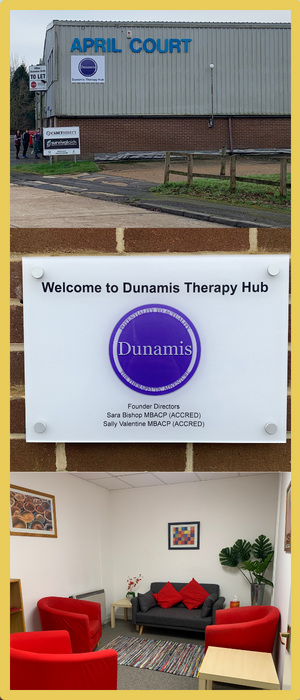Getting back to nature
A requirement of our Counselling Diploma course at Dunamis is for students to take part in a community enterprise as part of their learning.
Mission
Our group chose to volunteer for Uckfield Community Volunteering Centre, in which the eight of us took part in the cutting and clearing of an ancient wildflower meadow in Uckfield, next to a local wood in the vicinity of the college in neighbouring Crowborough.
One of our group had reached out to Uckfield Volunteering Services, and had been informed of the meadow; that it was an important natural spot rich in biodiversity, but it had in recent years become vastly overgrown with bramble and overgrown trees, blocking bridlepaths and stifling ground level plants from sunlight.
Environmentalism is an important issue to all of us, so it seemed like an ideal opportunity.
Time and Location
Having decided upon a location and activity, we then picked a day best suited to us. It was decided that a day in the summer break before commencing our second year would be ideal for all of us, keeping to the Thursday slot we would usually keep available for counselling classes.
Planning
We chose a Thursday in mid September, the week prior to college recommencing, and a risk assessment was carried out, based on the tasks and tools we were given ahead of time.
Execution
We arrived bright and early in the morning in Uckfield nearby to the meadow, each of us having driven from our respective home towns reaching as far as Brighton, Tunbridge Wells and Eastbourne.
Meeting with our assigned Ranger for the day and another local volunteer, we helped load tools and equipment from the van and transported them in a wheelbarrow down to the meadow nearby. One of the group was able to provide protective gloves for everyone, and among the tools provided to us were rakes, shears, secateurs and small handsaws. The ranger introduced us to the meadow, which was indeed fully overgrown, with some parts impossible to walk through despite being public walkways. We were told that the main aim of the day would be to cut back all trees, cut down all overgrown weeds and bushes in the meadow, then dispose of all waste into compost heaps, cut small enough for decomposition.
Initially we were divided into 2 groups; the first group of three were led to a clearing with rows of dozens tree saplings, and our task was to carefully lift the protective casings round each tree and pull all the weeds which had been growing inside them.
The five remaining of the group were put to work with cutting tools to cut back all overgrown trees, gathering all felled debris onto tarpaulin sheets, and given rakes to gather together loose grass and branches while the ranger got to work with a chainsaw and a petrol powered mower on the larger obstacles.
The saplings were cleared of weeds after a short time, leaving the remainder of the time for all of us to get properly stuck in to the manual work. It felt good to get to do some physical exercise and feel present in nature, and while the weather was gloomy it was nevertheless hot and thirsty work – aside from defending ourselves from a natural amount of scratches and thorn pricks, it seemed the most appropriate part of our risk assessment was recognising the need to stay hydrated!
Stopping only for a short lunch, several hours’ toil meant we managed to complete the task – even if at points the felled tree branches kept coming and we didn’t seem to be making a dent! – and it felt extremely satisfying to work as a group in making a huge difference clearing the entire meadow to a wide open space and clear paths, looking over at the sheer mountain of debris we had taken away ready for composting, as well as learning about the local biodiversity and the benefits our efforts will make not only for the local community, but also to the flora and fauna that call it home.










